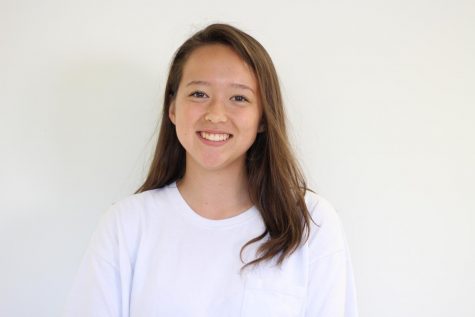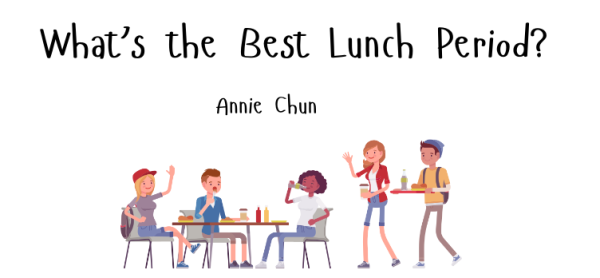What I learned being off social media for three months
I spent three months completely away from social media. I learned more about myself, my peers, and the world than I ever have before.
In my experience, maintaining a highly-manicured Instagram theme to a T is a more than common practice of my peers. I have to believe the reason for this is that it’s a relatively simple way for us to control our perception by other people, to put our lives under a rose-colored lense; this is what social media is about, anyway. Putting forward an image of yourself to be consumed by other people. This concept implies always having to be ‘on’, and thinking about others in relation to yourself at all hours of the day; this, for me in November, was far too much pressure than I needed to be happy. So I opted to turn off my phone.
For the months of November through January, I deleted my Snapchat, Instagram, and Twitter accounts. Albeit difficult at first, I came to find that doing so initiated one of the most valuable experiences I’ve had in my recent life. It was a chance for me to step back, take a look at my life in a more individual sense, and try to enjoy my life and times in a different way, thinking about the things I was doing in a sense other than how I could share them with others.
It started out with a lot of me asking people what was happening on social media; my nosy self desperate to know the goings-on of other people. A severe case of FOMO that I couldn’t shake lead my life for a short period of time, and I missed the comfort and familiarity of my feeds. I was tempted to go back but I understood the value of my cleanse and managed to persevere. After a few weeks removed it became so easy that I forgot that, at one point, it was even hard at all. My life noticeably became more about living and less about documenting everything. Looking through my photo albums it’s clear I took less during those winter months than I did before, but alternatively, I began writing and journaling far more often. What I found in this development was that the memories and thoughts I was choosing to document were far more meditated, and therefore more valuable and still hold more sentiment to me that most if not all photos could never.
Although a great personal experience there is a severe loneliness in going against the current. As menial as it might seem, I started not to recognize popular memes (I know) and to become out of touch with day-to-day news and events. This indicated to me that, although beneficial for my own mindfulness, a presence on social media leaves you feeling less alone than otherwise, like a part of a larger something. Not to mention social media provides validation that is hard to find in other aspects of one’s life. These things should not be essential for human wellbeing— but they are. A sense of community and a sense of validity are hard to live without, and social media is a readily accessible source of both. So I chose to return. When I returned, though, I had a different attitude about social networking as a concept: it would be about me, and what makes me happy. My chosen posts not determined by what I think might interest other people, but what I want to share.
Perhaps this mindset is toxic; which is why I hold that social media can only be a good, positive force in moderation. All users need to be mindful of the role these apps play in their lives, and if it is important enough for them to potentially sacrifice their own wellbeing to preserve it. Going once or twice a week without your social media accounts is what I suggest. It just might do you good; or it might not. The only way to tell is to try.

My name is Emily and I am so excited to be a member of the editorial board again for my senior year at Oakton. My favorite articles to write typically...




